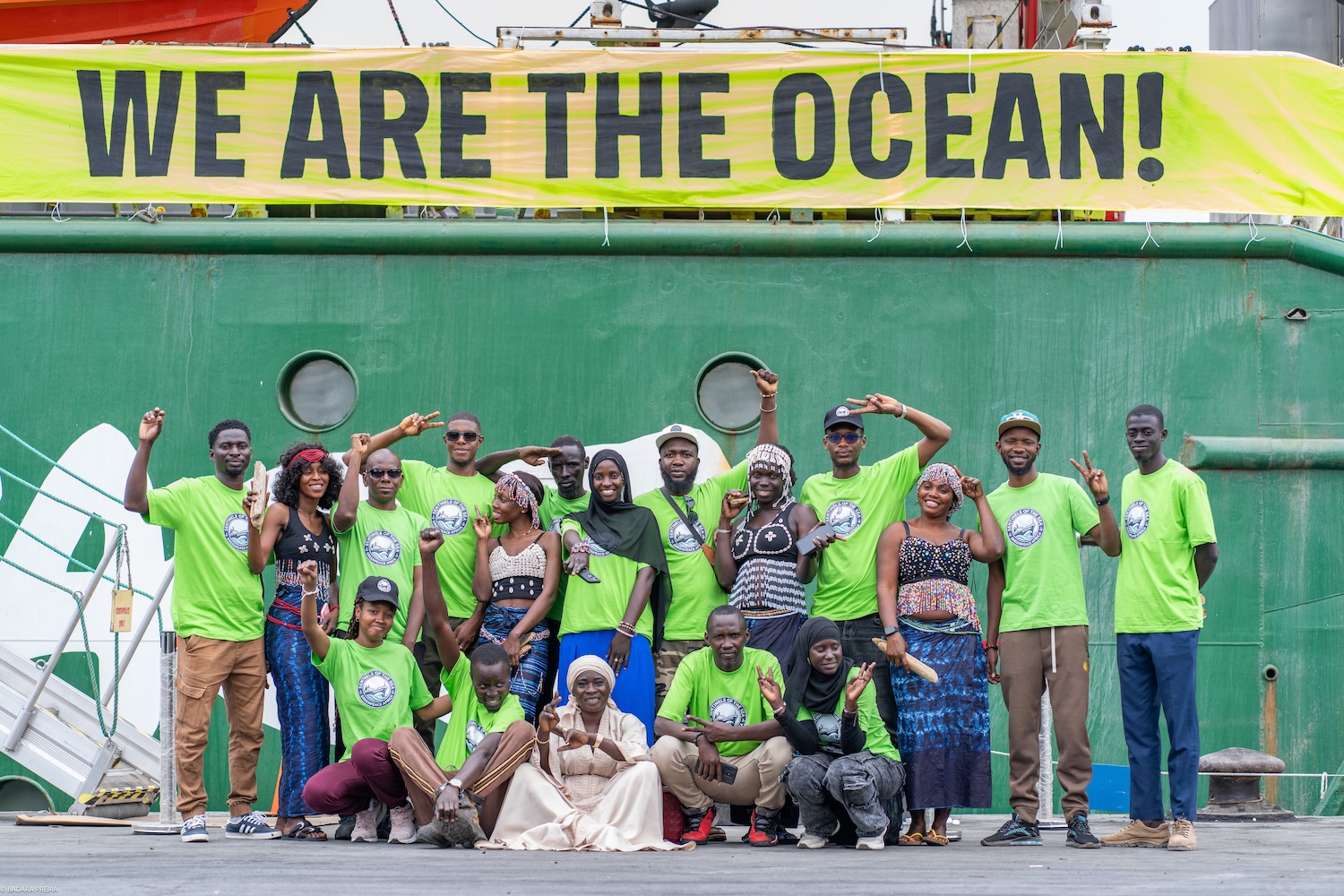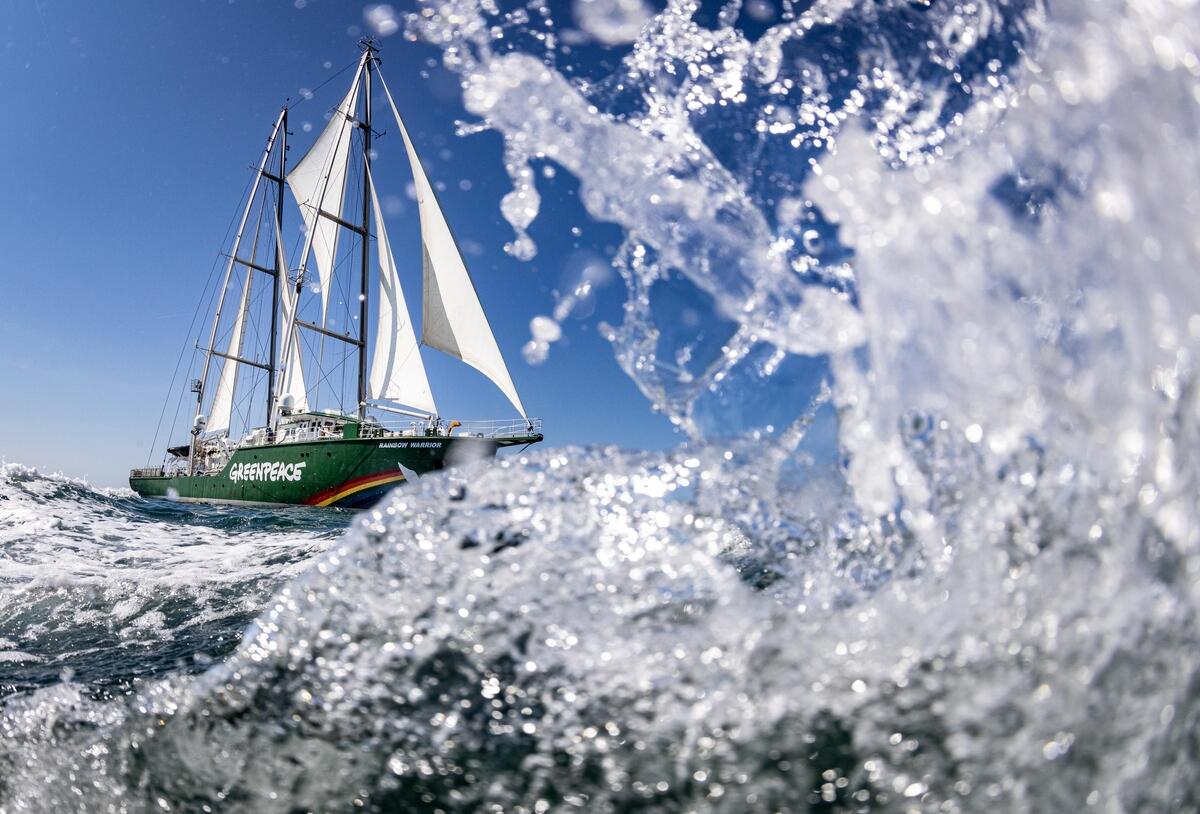Greenpeace Africa is baffled by the decision of the South African government to approve oil exploration involving a controversial company like Statoil, off the coast of South Africa.
The move to allow oil exploration in the area will put the biodiversity of the Sunshine Coast – and the tourism that relies so heavily on the area’s rich marine life – at risk, while also creating the potential for oil spills off the coast of South Africa. Putting the interests of companies like Statoil first will only create the perception that the South African government does not have the best interests of South Africans at heart.
Statoil has a reputation for oil exploration in vulnerable areas, and this license, just 100 to 200km on the Sunshine Coast is likely to lead to both local and international protests, given the area’s exceptionally high levels of biodiversity, and the escalating global movement for a shift away from fossil fuels. Greenpeace believes that these oil exploration licences should be revoked with immediate effect” ended Steele.
Media Contact:
[email protected]; Communications Officer; 082 614 2676 /+27 11 482 4696



